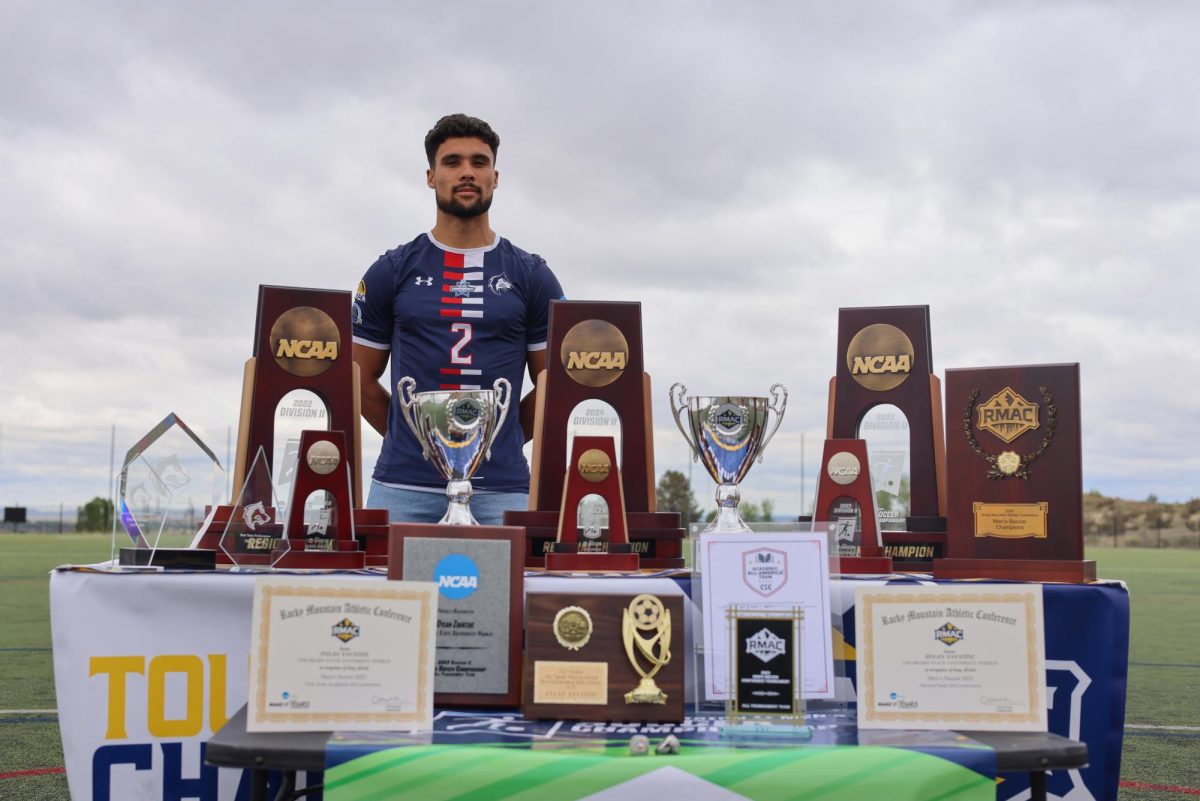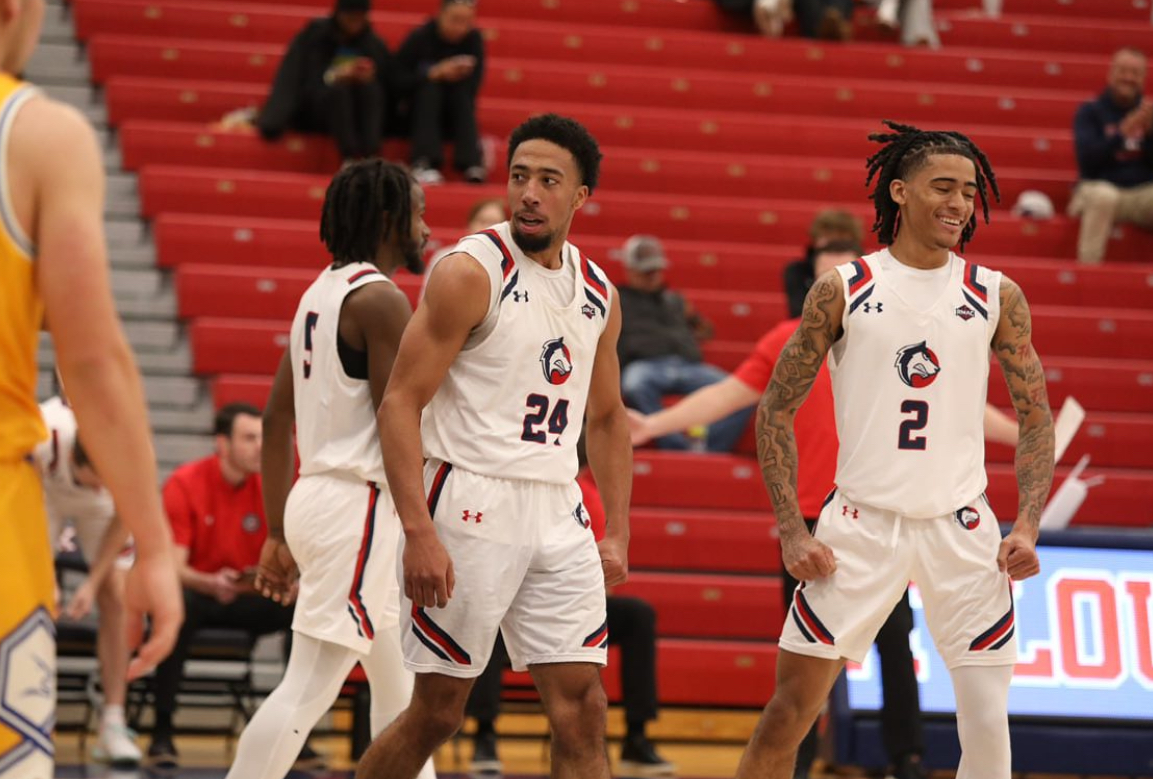By John Pantoya
A former professional wrestler warned CSU-Pueblo students and faculty members of the dangers related to contact sports and the risks athletes take every day in the field.
“Children aren’t old enough to voluntarily accept the risk of contact sports,” said Chris Nowinski, an author, researcher and former talent for World Wrestling Entertainment. “We teach our kids at a young age to tough out injuries, and athletes usually play through head injuries more often.”
![P2020019[1]](https://csupueblotoday.com/wp-content/uploads/2011/02/P202001912-300x225.jpg)
There is evidence of the long term effects that concussions have on the human brain, and this could be related to the deaths of certain athletes, Nowinski said. This could stem from a degenerative brain disease caused by trauma called chronic traumatic encephalopathy, he said.
Before Nowinski’s career went in the direction of concussion research, he experienced success as a wrestler for WWE. However, his success was short lived after a mishap occurred during a match in 2003. He had finished the match, but in the weeks following he began experiencing symptoms of a concussion, he said.
“I would get these really severe headaches, and my girlfriend would witness me sleep-walking often,” he said.
Doctors determined Nowinski had post-concussion syndrome, or shell shock, which is a set of symptoms a person experiences for weeks, months and sometimes years after a concussion.
Because he lacked understanding of this syndrome, Nowinski said he reached out to Robert Cantu, a neurosurgeon, and together they co-founded the Sports Legacy Institute in 2007, he said.
Since its inception, SLI has made great strides in promoting the awareness and dangers of concussions, Nowinski said. Its’ landmark study was on Andre Waters, a former NFL player, according the SLI website.
After receiving permission from Waters’ family, Nowinski said he was able to study Waters’ brain and discovered that he was suffering from chronic traumatic encephalopathy, which ultimately led Waters to commit suicide in Nov. 2006.
Several other athletes, who have been diagnosed with chronic traumatic encephalopathy, have been known to experience signs of depression and dementia, Nowinski said. Because of this, he said he also hopes to commission a brain bank where athletes can donate their brains, post-mortem, in hopes of gaining a better understanding of concussions.
Nowinski said he believes the problem is not just with professional sports, but also with college, high school and youth levels of sport.
More must be done at the lower levels of sports, Nowinski said, to educate athletes of the symptoms and precautions of concussions.















